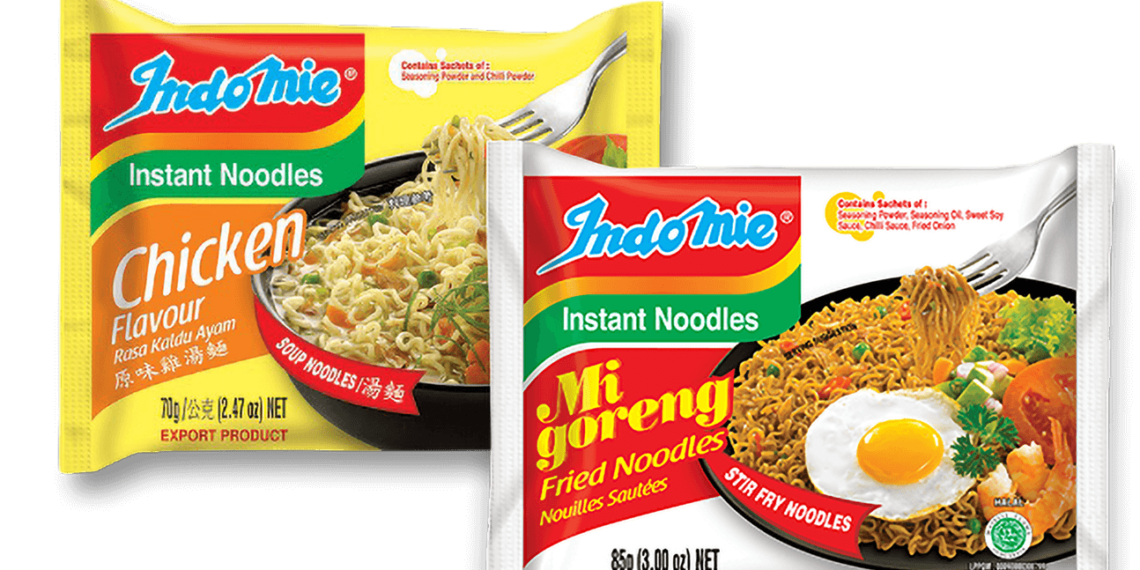By Asamu Ahmad
The National Agency for Food and Drug Administration and Control (NAFDAC) said it is extending its investigation of Indomie noodles to factories and markets in the country.
This is coming on the heels of the alarm raised over the presence of ethylene oxide, a potential cancer-causing substance in the ‘Special Chicken Flavour’of Indomie instant noodles.
NAFDAC, however, noted that Indomie’s “special chicken flavour instant noodles recalled by the Malaysia and Taiwan authorities are not registered for sale in Nigeria.”
NAFDAC noted that Indomie noodles are on the import prohibition list in Nigeria and not permitted for importation into the country.
The agency said it had begun the random sampling of Indomie noodles, including the seasoning from production facilities and the markets for the presence of ethylene oxide.
The investigation, it noted, will be extended to other brands of instant noodles offered for sale to Nigerians.
Malaysia and Taiwan health officials had said they detected ethylene oxide, a potentially cancer-causing substance in Indomie’s “special chicken” flavour noodles, but the makers of the product, Indofood, said all instant noodles produced by the ICBP in Indonesia were processed in compliance with the food safety standards from the Codex Standard for Instant Noodles and standards set by the Indonesian National Agency for Drug and Food Control.
The Director General of NAFDAC, Professor Mojisola Adeyeye, said in a statement on Tuesday that the Ports Inspection Directorate was on alert to guard against the importation of the implicated product into Nigeria.
“NAFDAC, as a responsible and responsive regulator, is taking swift actions to carry out random sampling and analysis of Indomie noodles, including the seasoning, for the presence of ethylene oxide, as well as extending the investigation to other brands of instant noodles offered for sale to Nigerians.
“We use this medium to assure the public that a thorough investigation of the products will be conducted both at the factory and market levels and our findings will be communicated.”




